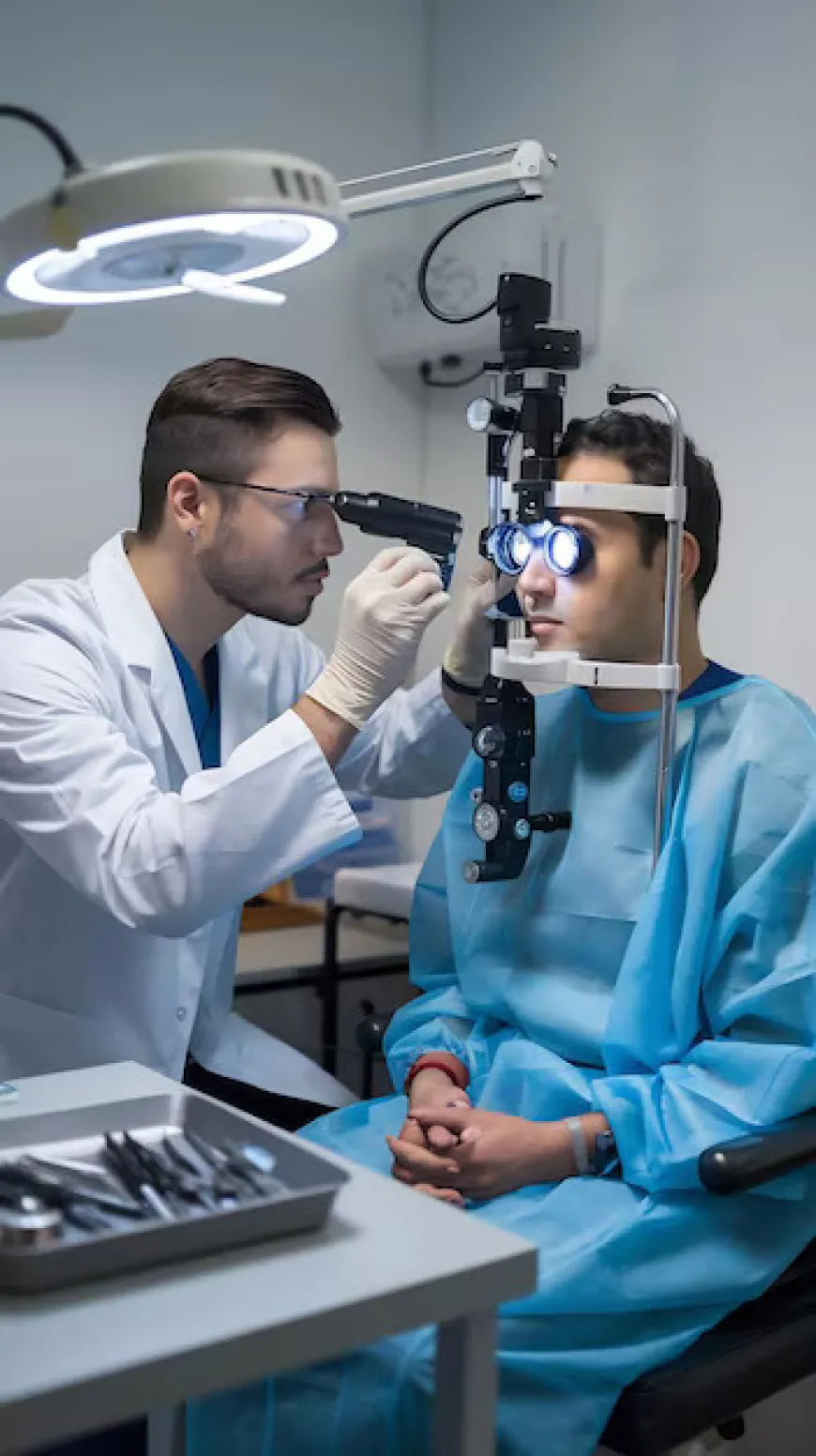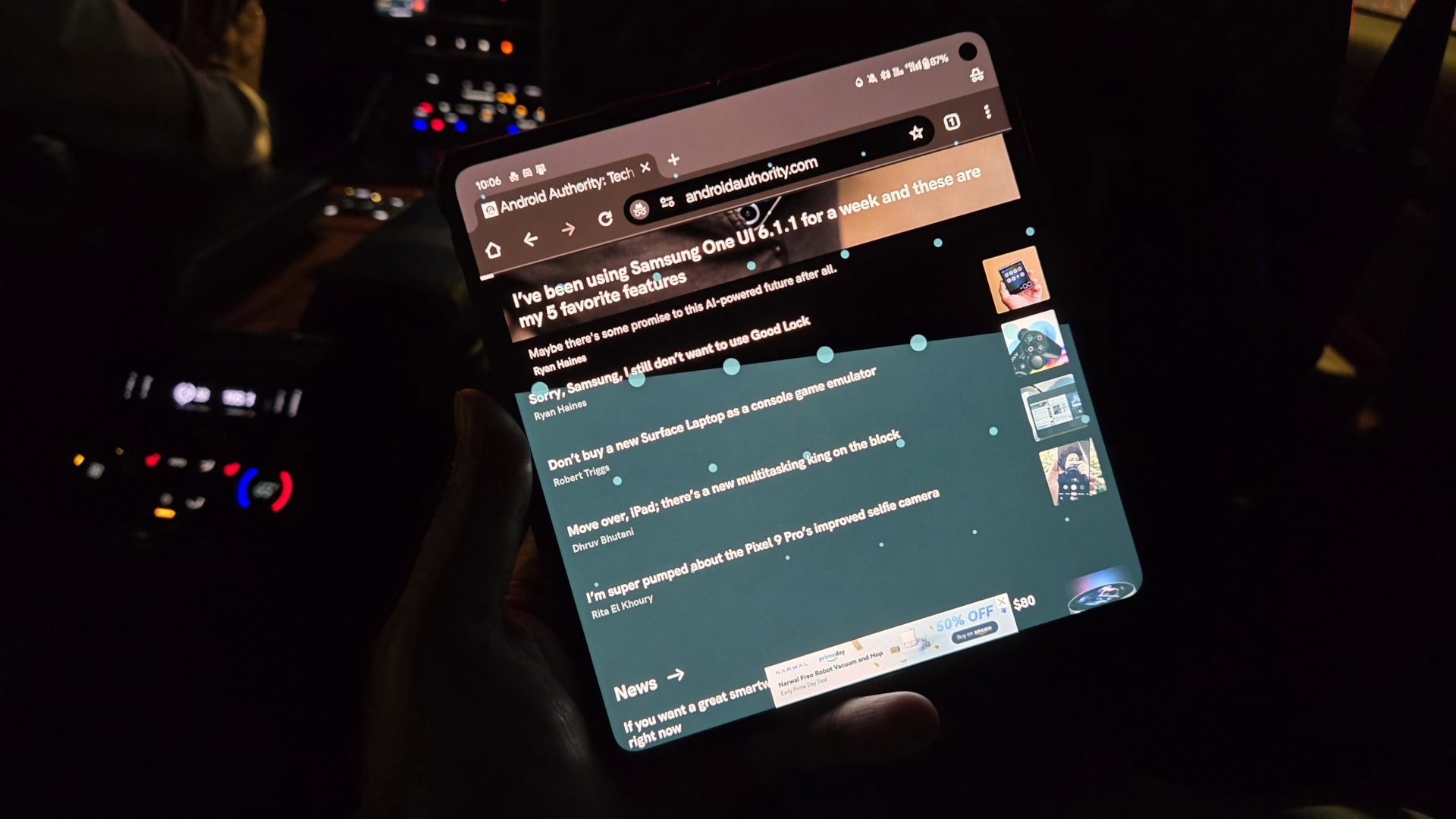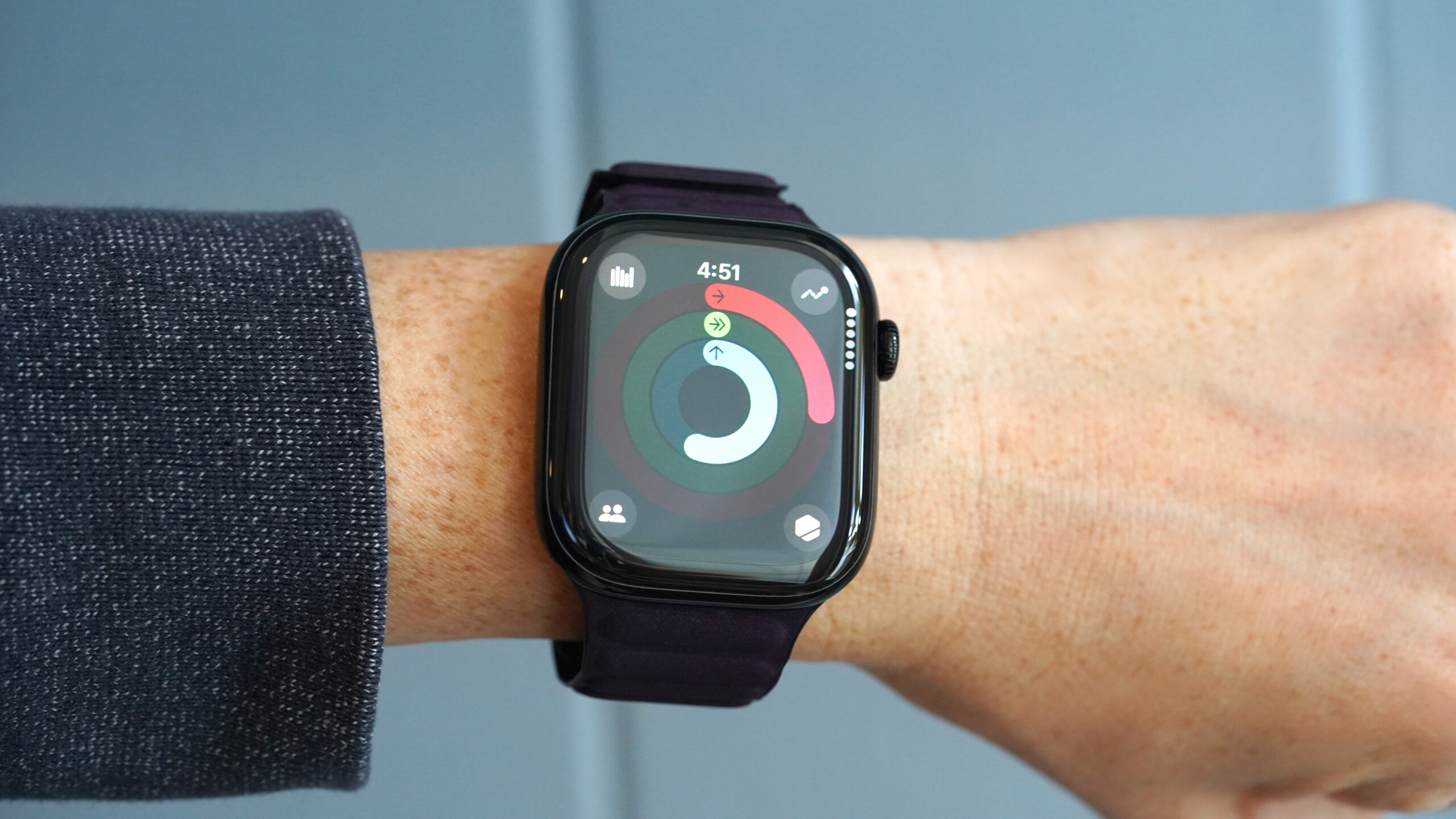What to Expect During a Visit to an Eye Care Hospital
Discover what to expect during your visit to an eye care hospital, from the initial consultation and comprehensive eye exam to advanced diagnostic testing and treatment options. Prepare for your appointment with confidence as you learn about the process of assessing and maintaining your eye health.

A visit to an eye care hospital can be a routine checkup or the beginning of a more detailed investigation into your eye health. Regardless of the reason for your visit, understanding the process and what to expect can help you feel more at ease and prepared. This article will walk you through the typical stages of an eye care hospital visit, from the initial consultation to potential treatments, so you know exactly what lies ahead.
Initial Consultation and Medical History
Your first visit to an eye care hospital will usually begin with an initial consultation, where the medical team gathers information about your general health, eye health history, and any current symptoms you may be experiencing. This is a crucial step because your overall health can often impact your eye health. Conditions such as diabetes, high blood pressure, and autoimmune diseases can all contribute to eye issues, so it’s important to provide a comprehensive overview of your medical background.
You may also be asked about your family’s eye health history, as many eye conditions, such as glaucoma and macular degeneration, have a genetic component. Understanding these factors allows the ophthalmologist to assess your risk levels and tailor the examination to focus on potential problem areas.
Comprehensive Eye Examination
After your medical history is recorded, the next step is a comprehensive eye exam. This is one of the most important aspects of any visit to an eye care hospital and involves a series of tests to assess your vision and the health of your eyes. Standard tests include:
-
Visual Acuity Test: This is the classic eye chart test where you are asked to read letters from a distance to evaluate how well you see at various distances.
-
Refraction Test: This test helps determine the exact prescription for your glasses or contact lenses. By switching lenses and asking which one improves your vision, the optometrist can find the best corrective lens for you.
-
Slit Lamp Examination: A slit lamp is used to examine the structures at the front of your eye, such as the cornea, lens, and iris. This can help detect problems like cataracts or corneal issues.
-
Tonometry: This test measures the pressure inside your eye, which is essential for detecting glaucoma, a disease that can lead to blindness if untreated.
-
Dilated Eye Exam: Drops may be used to dilate your pupils, allowing the doctor to examine the back of your eye (the retina). This test is important for diagnosing conditions like diabetic retinopathy or macular degeneration.
These tests are generally non-invasive and painless, though the eye drops used for dilation may cause temporary light sensitivity.
Diagnostic Imaging and Advanced Testing
Depending on the results of your eye exam and any symptoms you’ve reported, the ophthalmologist may recommend further diagnostic imaging. This is one of the key reasons why visiting an eye care hospital is beneficial—they have access to advanced imaging technologies that aren’t available at regular optometry clinics. For instance, Optical Coherence Tomography (OCT) is a specialized imaging test that takes detailed pictures of your retina, helping to detect issues like macular degeneration or retinal tears.
Another commonly used tool is fundus photography, which captures images of the back of your eye, providing a baseline for future comparisons. If you’re at risk for diseases like diabetic retinopathy, this test can be invaluable in monitoring the progression of the disease over time.
Treatment and Follow-Up
If any issues are detected during your examination, your ophthalmologist will discuss treatment options with you. The treatment plan may vary depending on the severity and type of condition diagnosed. Some issues can be managed with medication or lifestyle changes, while others may require more extensive treatment such as laser therapy or surgery.
For example, if you’re diagnosed with cataracts, your ophthalmologist may suggest surgery to replace the cloudy lens with an artificial one. If you’re found to have early signs of glaucoma, they may prescribe medicated eye drops to reduce intraocular pressure and prevent further damage.
After treatment, follow-up appointments are usually scheduled to monitor your progress. Whether it’s to check the effectiveness of a prescribed treatment or to ensure that a surgical procedure was successful, these follow-up visits are crucial for maintaining your eye health.
Conclusion
A visit to an eye care hospital involves a thorough process that aims to assess, diagnose, and treat any eye-related issues. From the initial consultation to advanced diagnostic tests and treatment plans, each step is designed to ensure that your eye health is in good hands. By understanding what to expect during your visit, you can approach your appointment with confidence and ease. Whether you’re going in for a routine checkup or a more specialized treatment, rest assured that an eye care hospital has the expertise and technology to address all your vision needs.
What's Your Reaction?
 Like
0
Like
0
 Dislike
0
Dislike
0
 Love
0
Love
0
 Funny
0
Funny
0
 Angry
0
Angry
0
 Sad
0
Sad
0
 Wow
0
Wow
0





















































